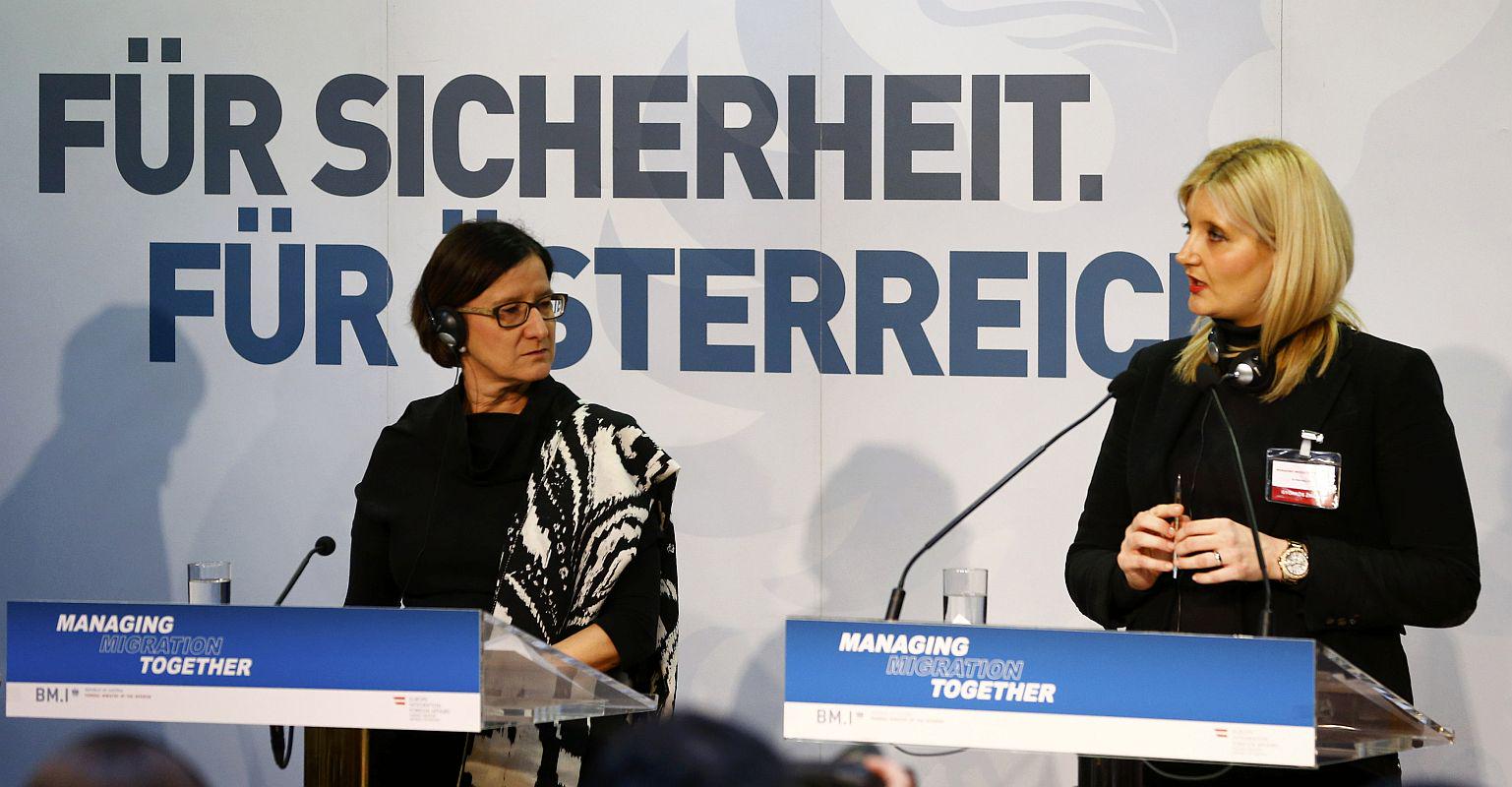
The Slovenian Minister of Internal Affairs Vesna Györkös Žnidar was quite firm at the meeting in Brussels, claiming that the European solutions are too slow, and drawing attention to the difficult position Slovenia is in. Slovenia borders a country keeping up the policy of open borders, while at the operative level it is actually restricting the acceptance of migrants, thus placing the other countries at the migration route in an impossible position. "Slovenia cannot just wait for the borders in the north to close, and I disagree with any solution which would cause amassing of migrants on the territory of the Republic of Slovenia," she said.
Vesna Györkös Žnidar warned that a systematic control would significantly prolong control on the border, which would cause long queues especially in summer months, and partially succeeded in getting some exceptions. The Minister said that Slovenia would file a written statement to the dossier, giving additional explanations on reservations regarding the questionable proportionality of the proposals with the aims these changes should bring.
On the initiative of Slovenia the principled agreement would include also a revision clause, according to which the EU should revise the efficiency of the new legislation after two years. The proposed target changes of the Schengen Code were proposed last year by the European Commission as an answer to the increased threat due to terrorist attacks in Europe.
The Minister of Internal Affairs of Slovenia emphasized the fact that reinstating the internal borders reflects the "frustration of the states" because of the inefficiency of EU institutions in the past, and the fact that Greece stopped being the entry point into the EU.
"The internal borders are no solution at all, as migrants nevertheless cross the borders, and the price is paid by the free movement of persons and goods, which is the EU basic freedom, and of a great importance for such a small country as Slovenia," she said, emphasizing the fact that Slovenia was the first to start stopping the refugee flow, consistently register migrants, and make safety checks based on records in order to establish the presence of any reservations due to safety. Slovenia had also enhanced border control, limited organized transport into Slovenia, and reduced radically criteria for humanitarian acceptance into the country.
G. V., K. Št.; Translated by G. K.


































































